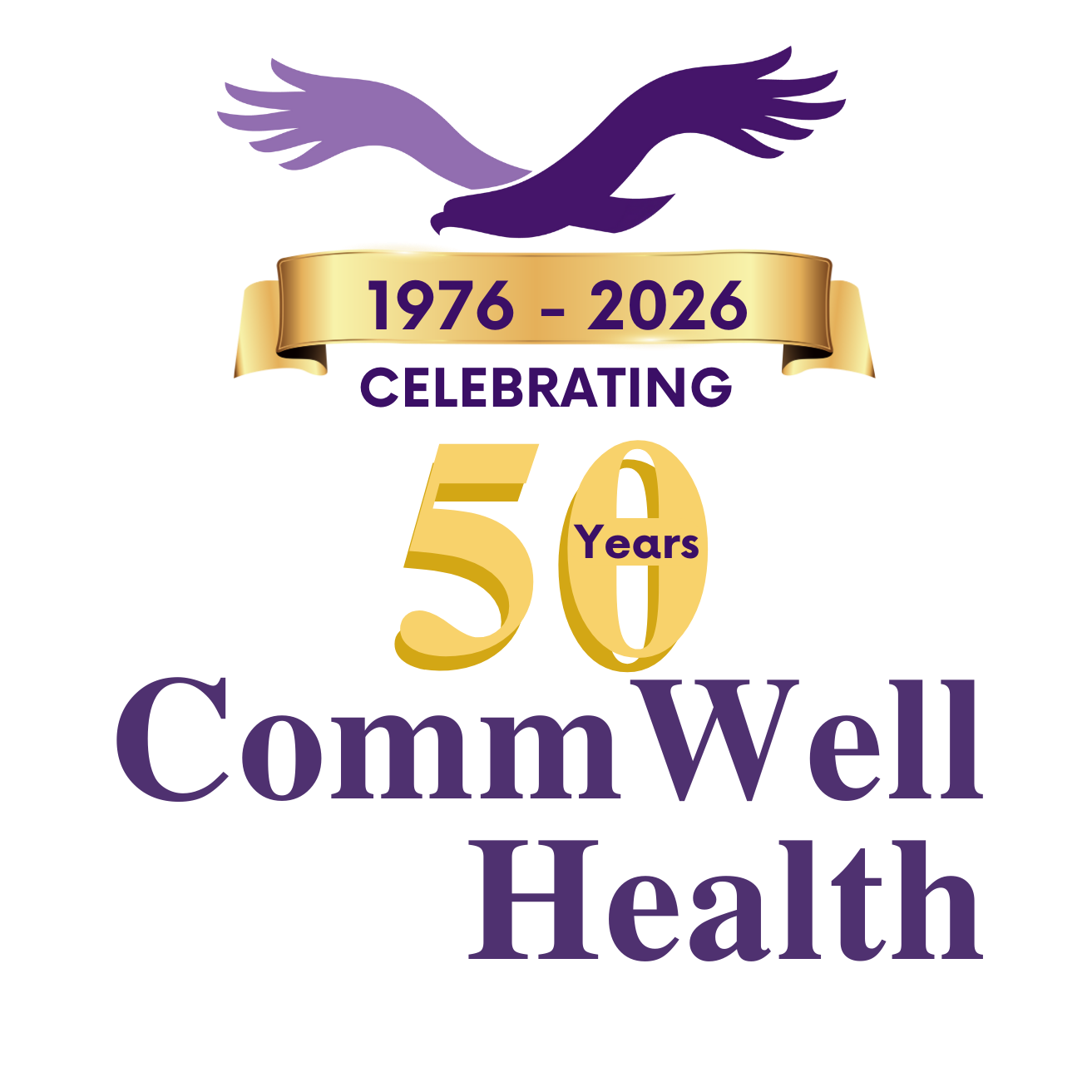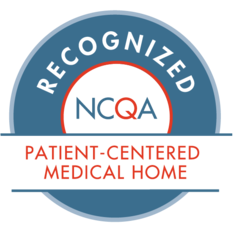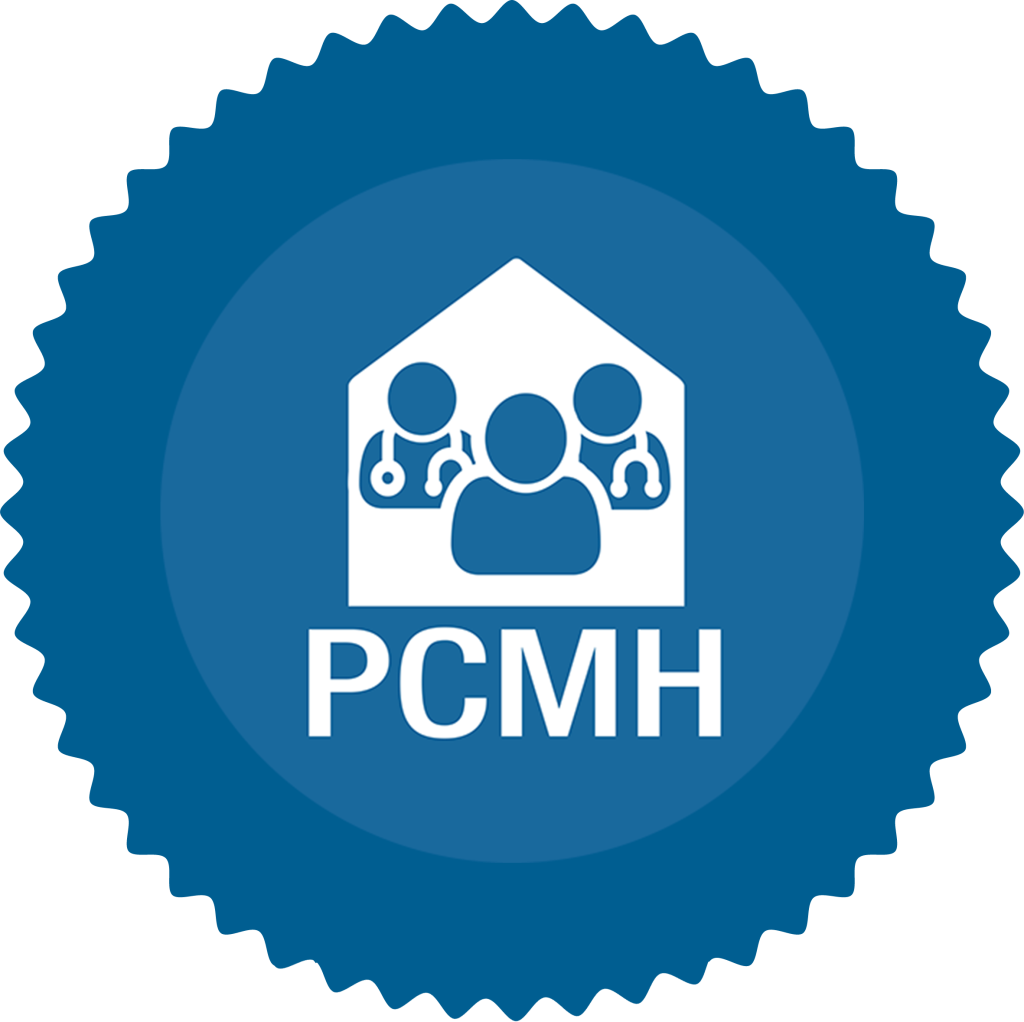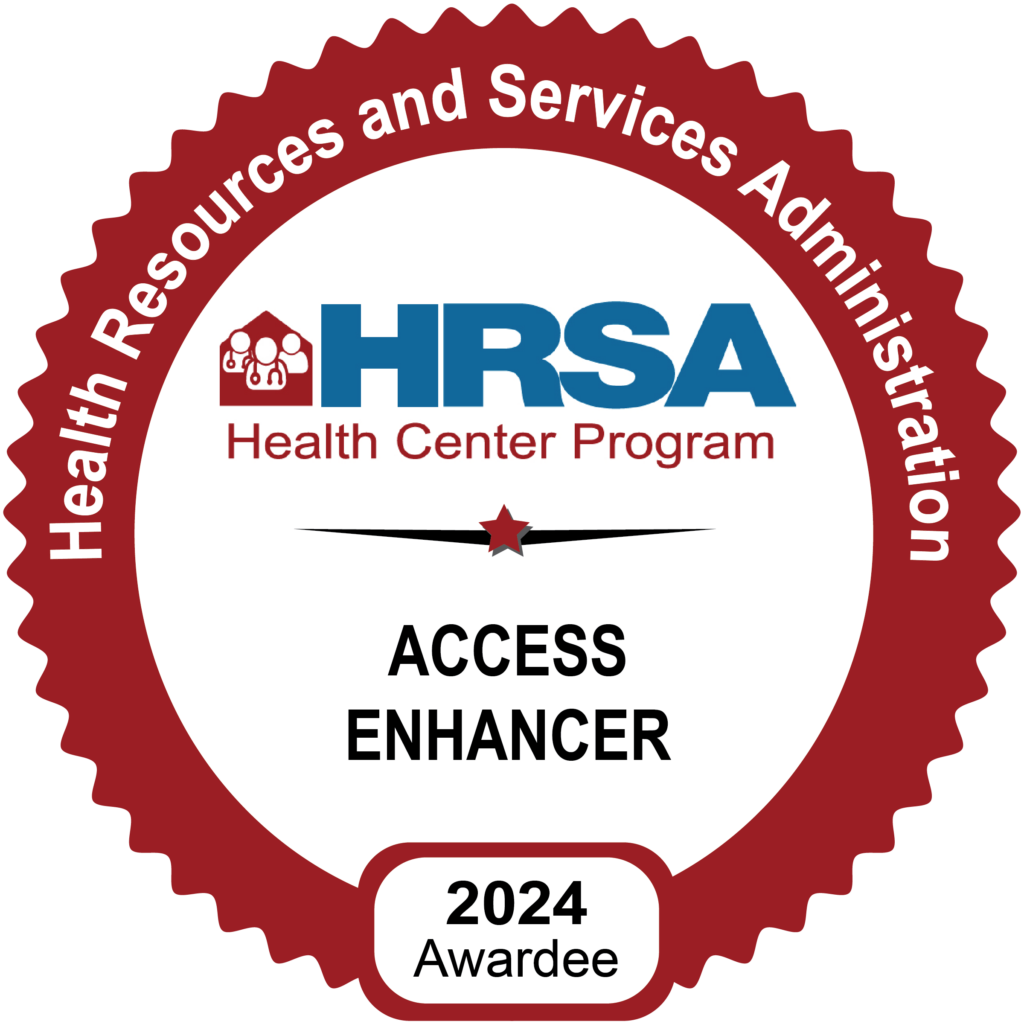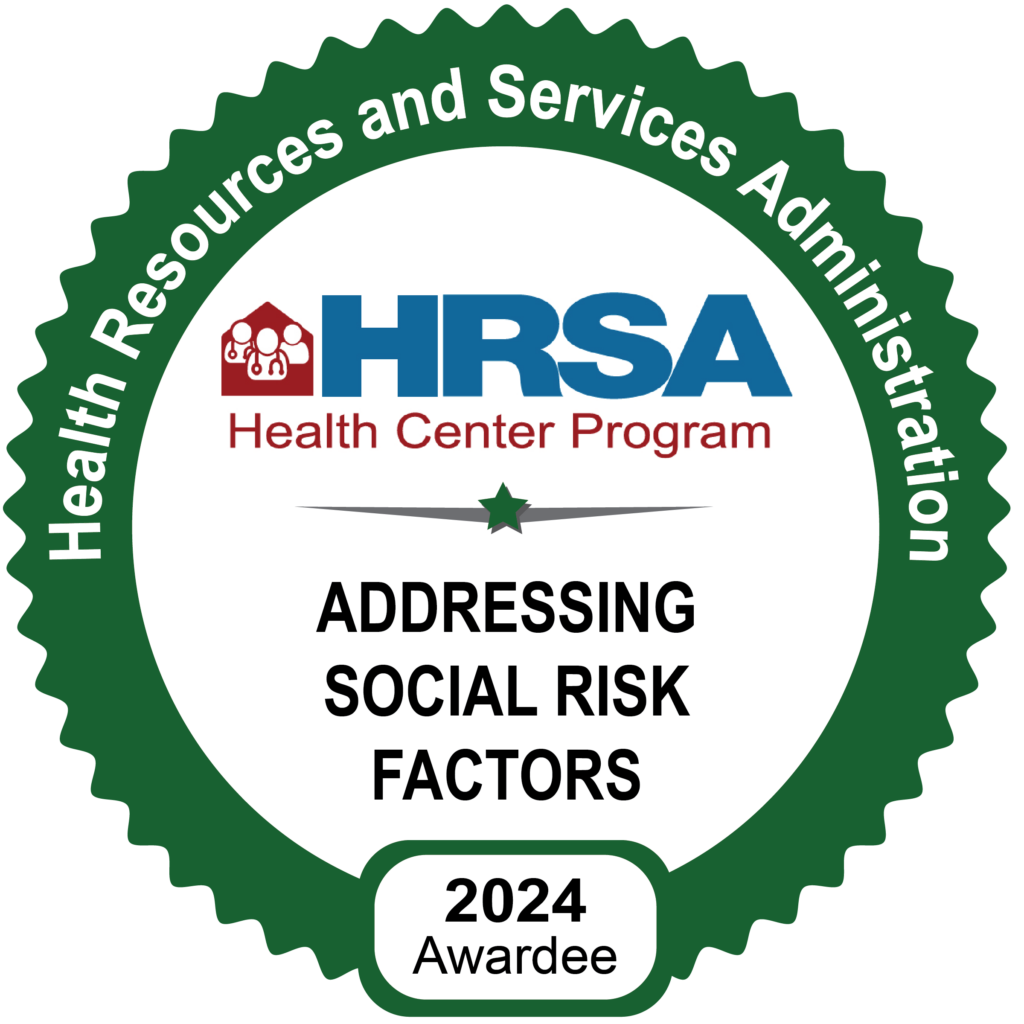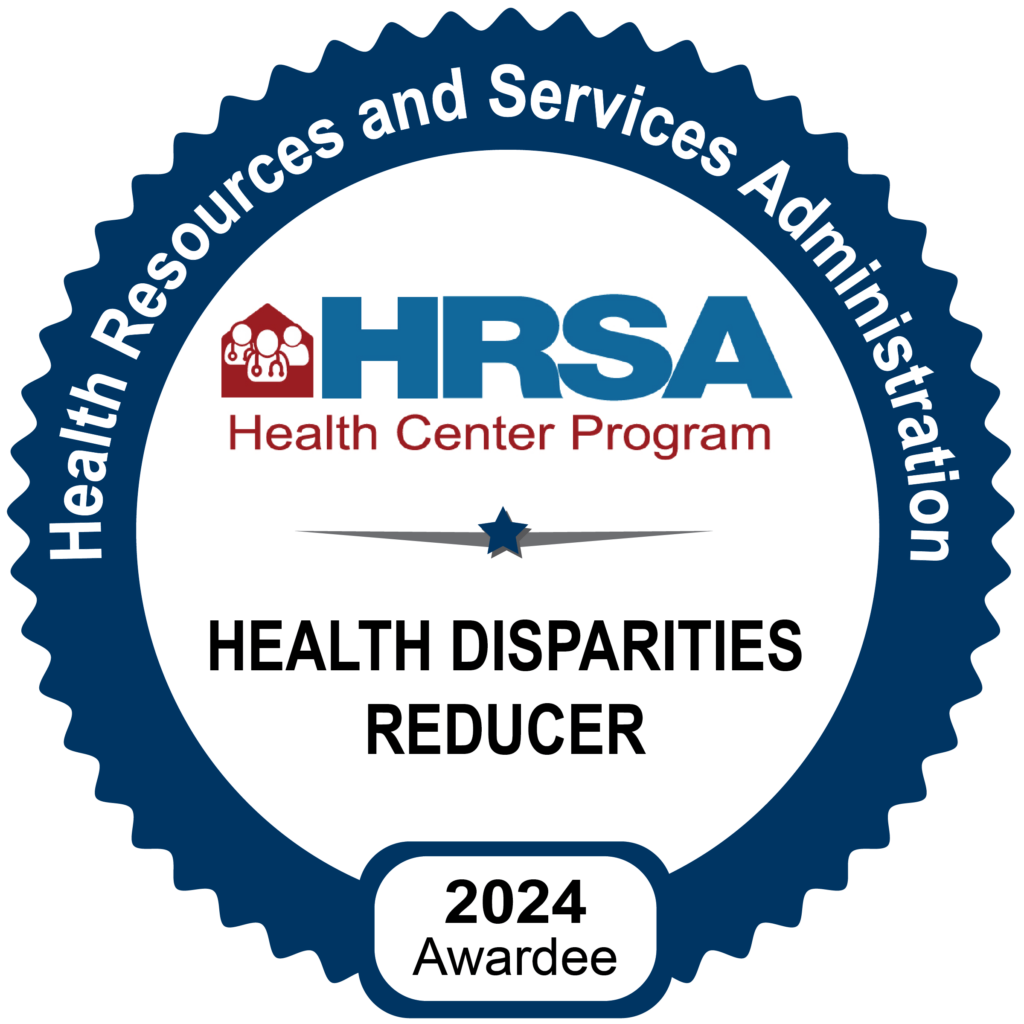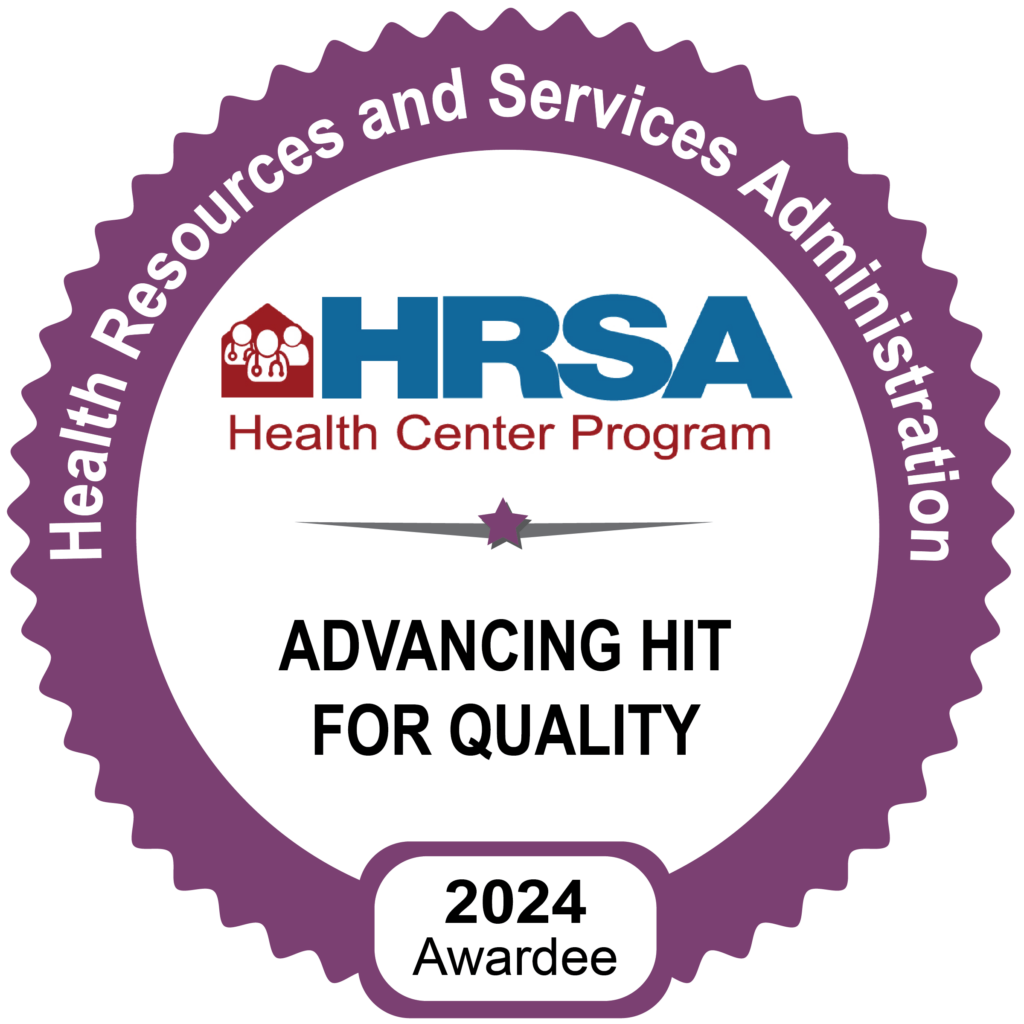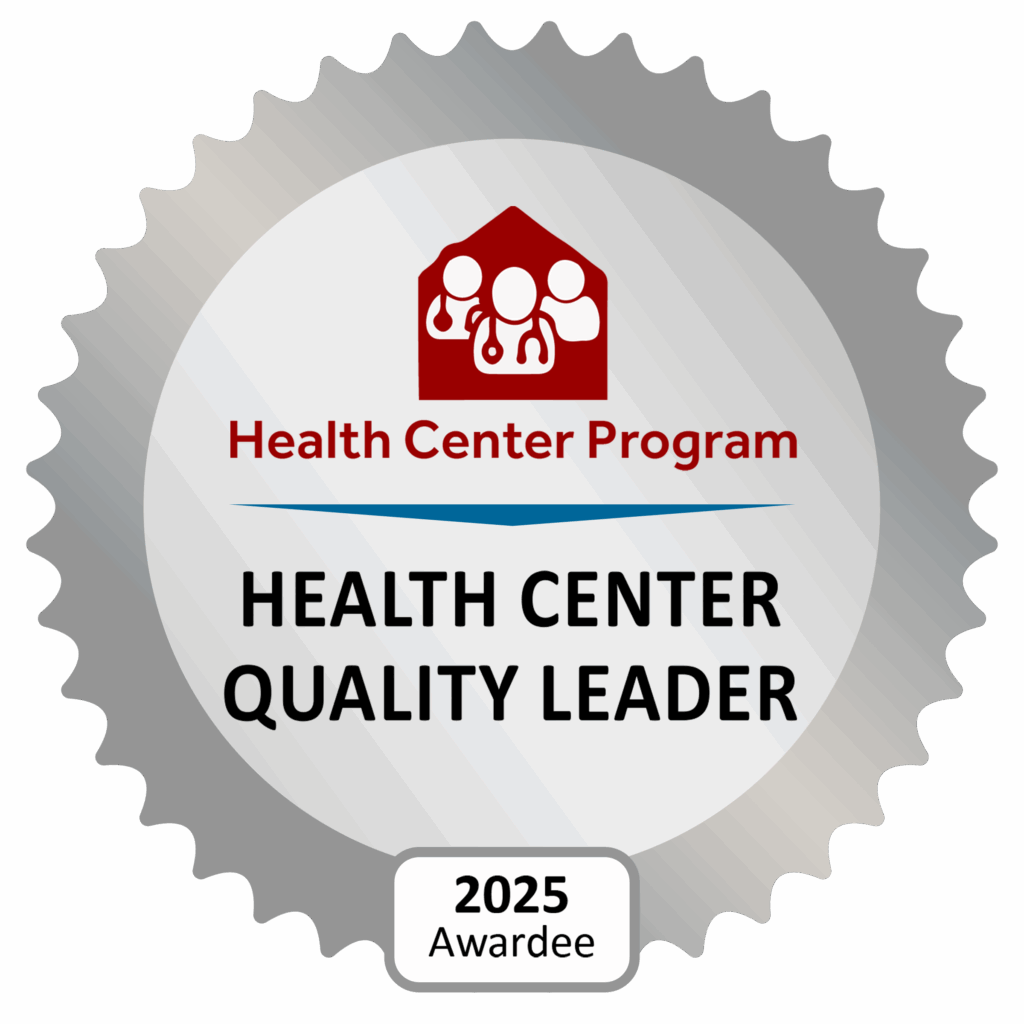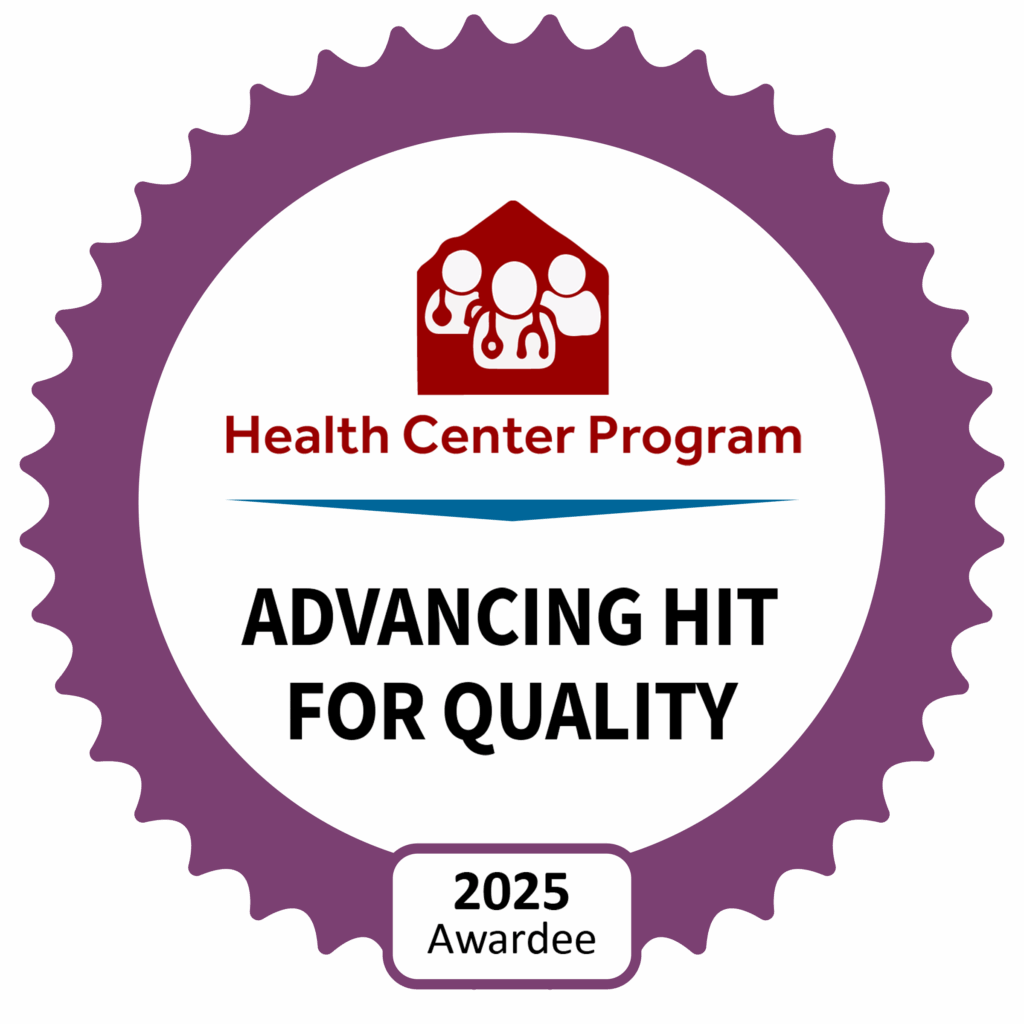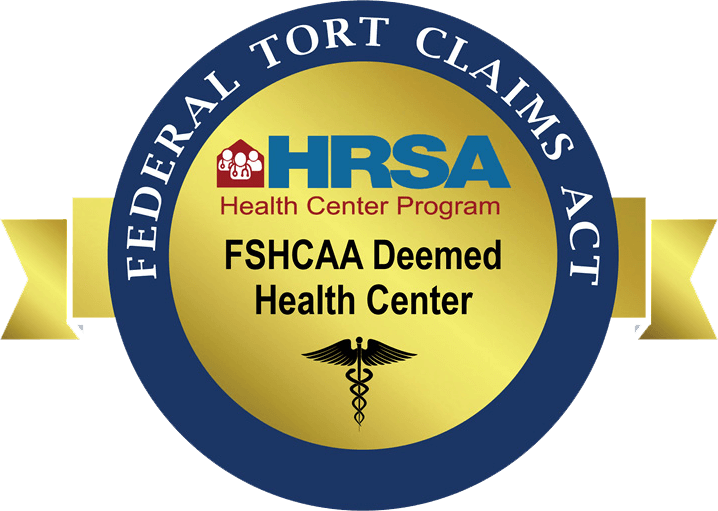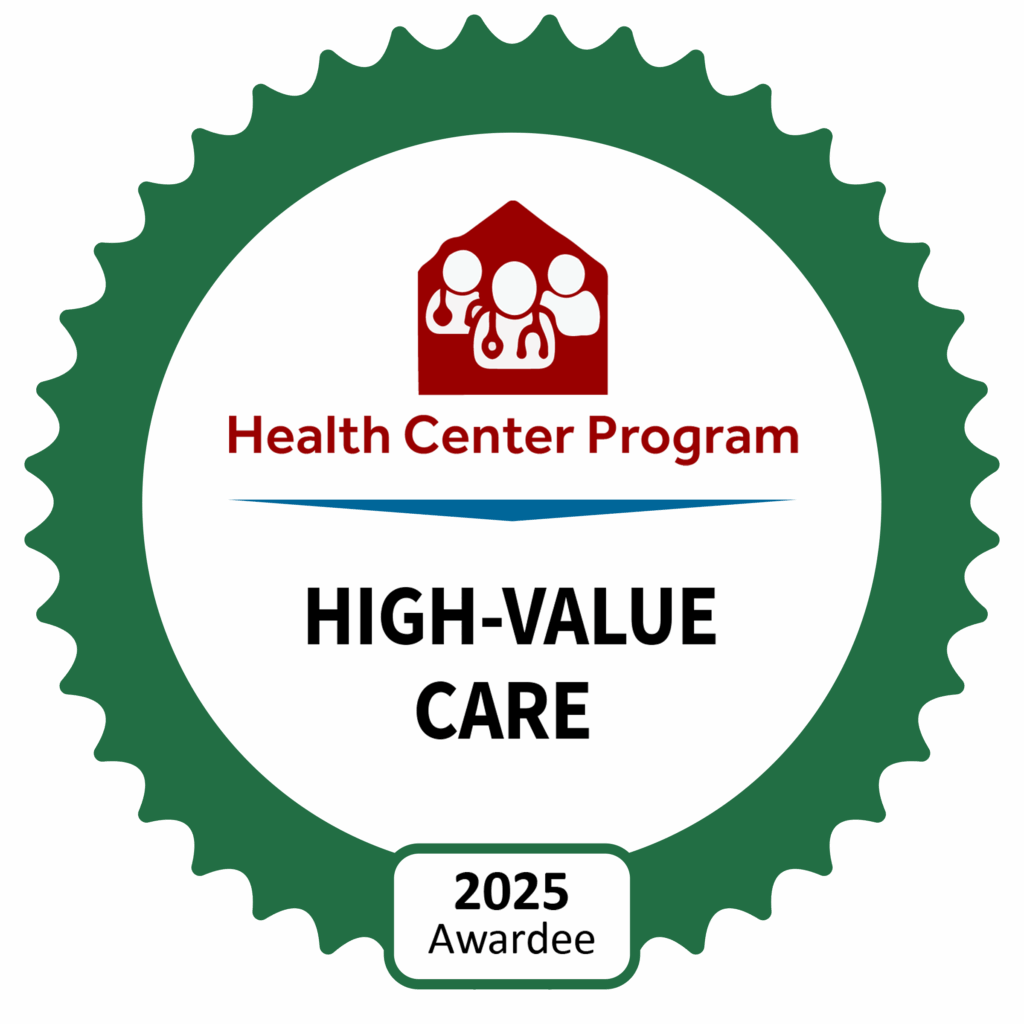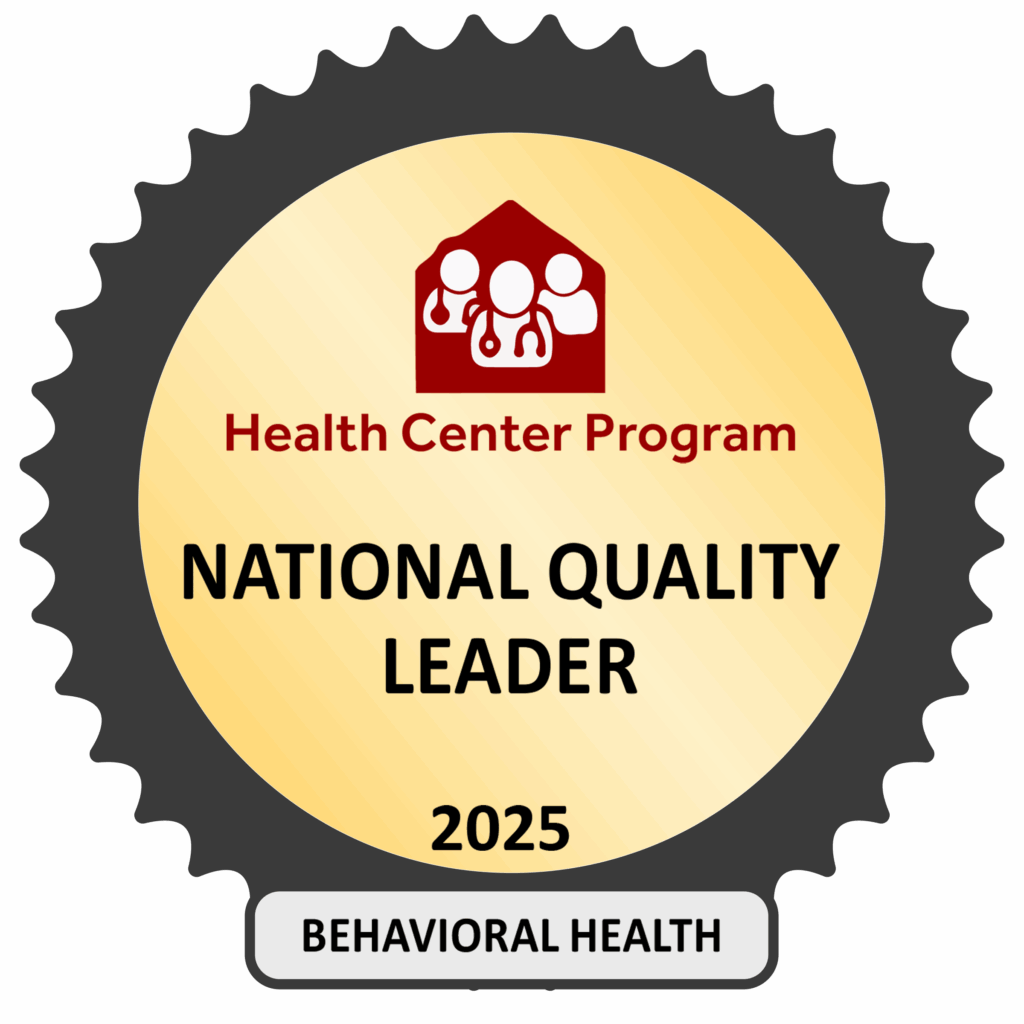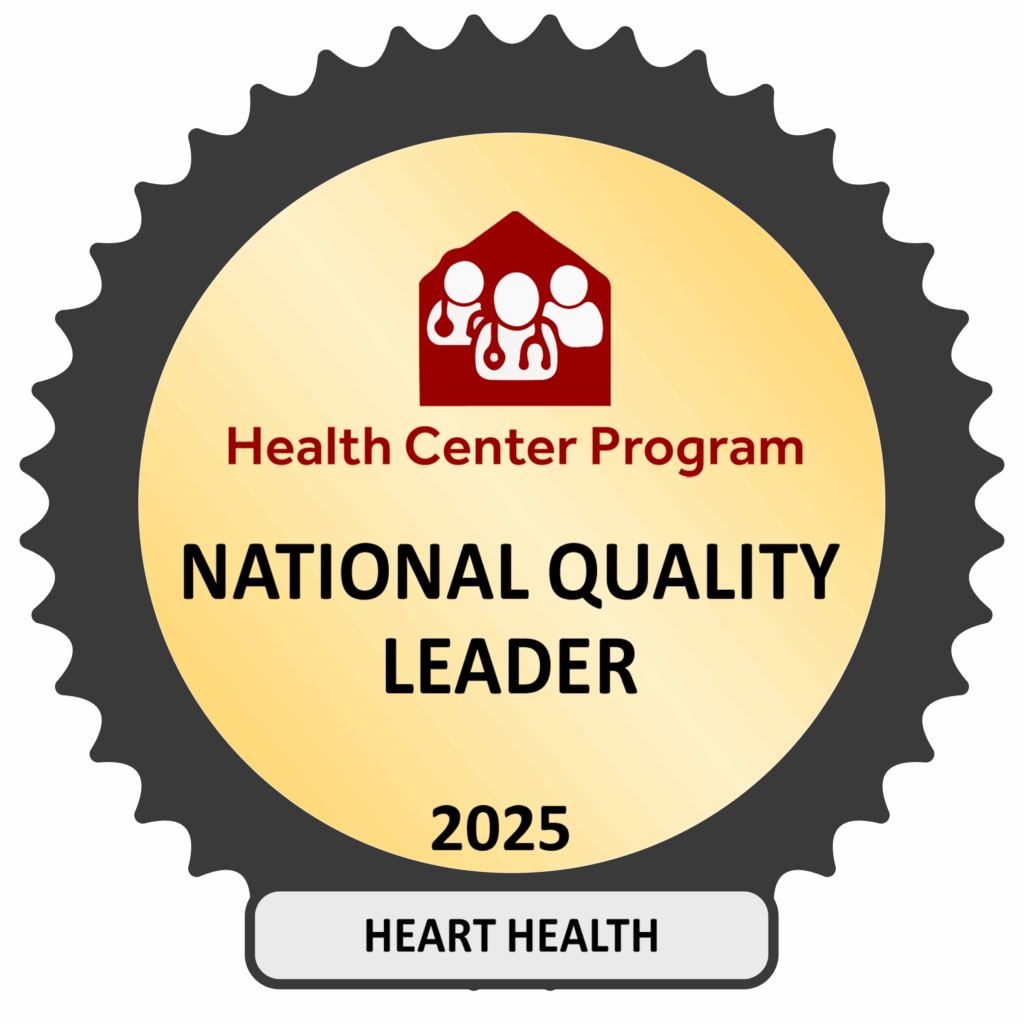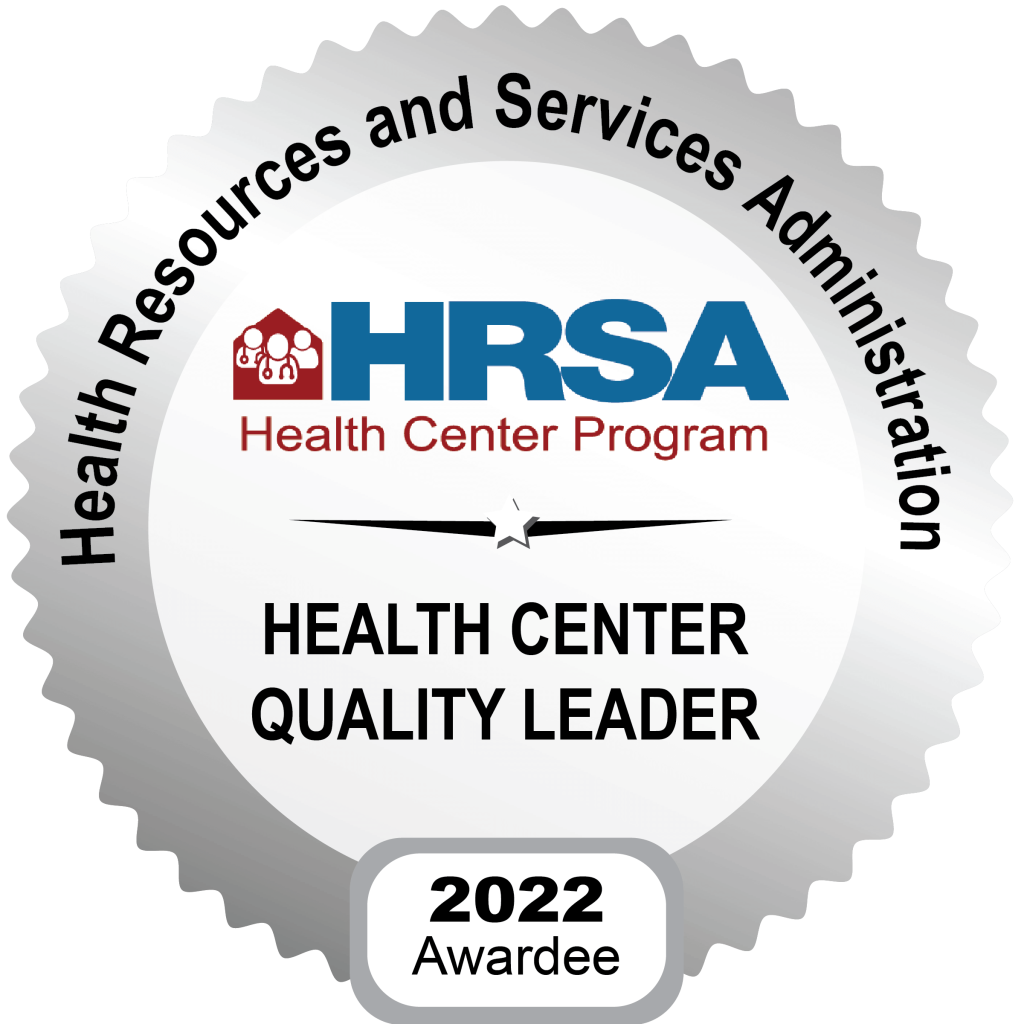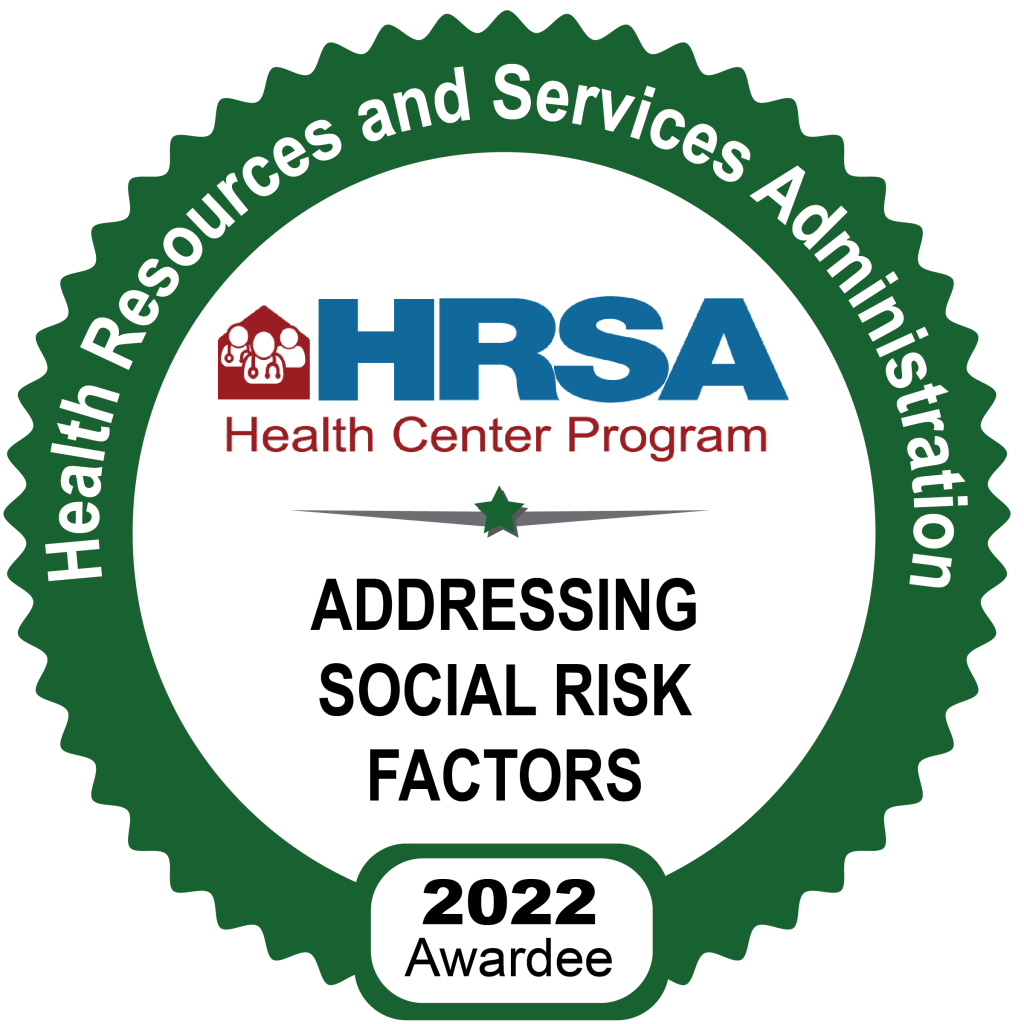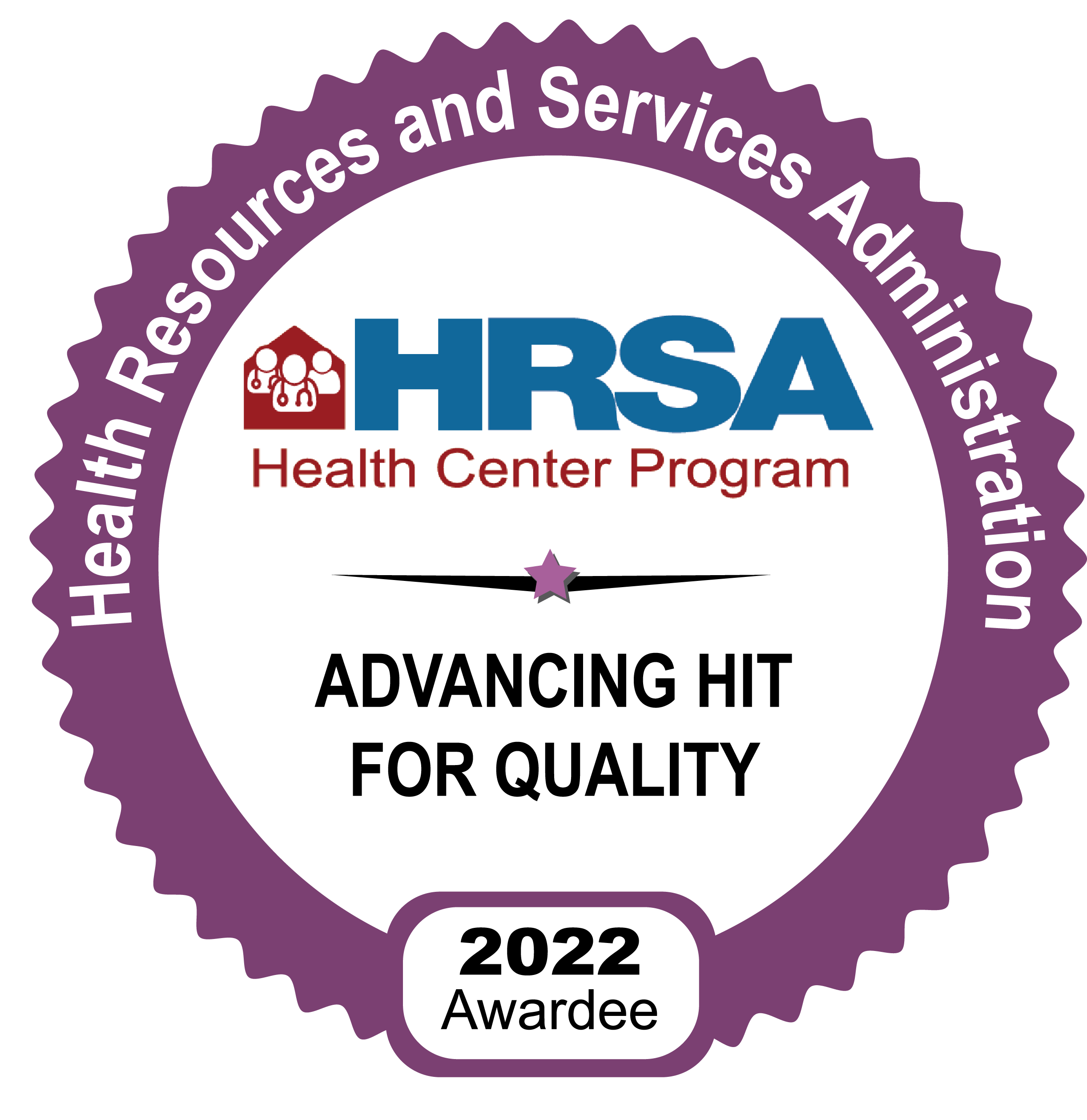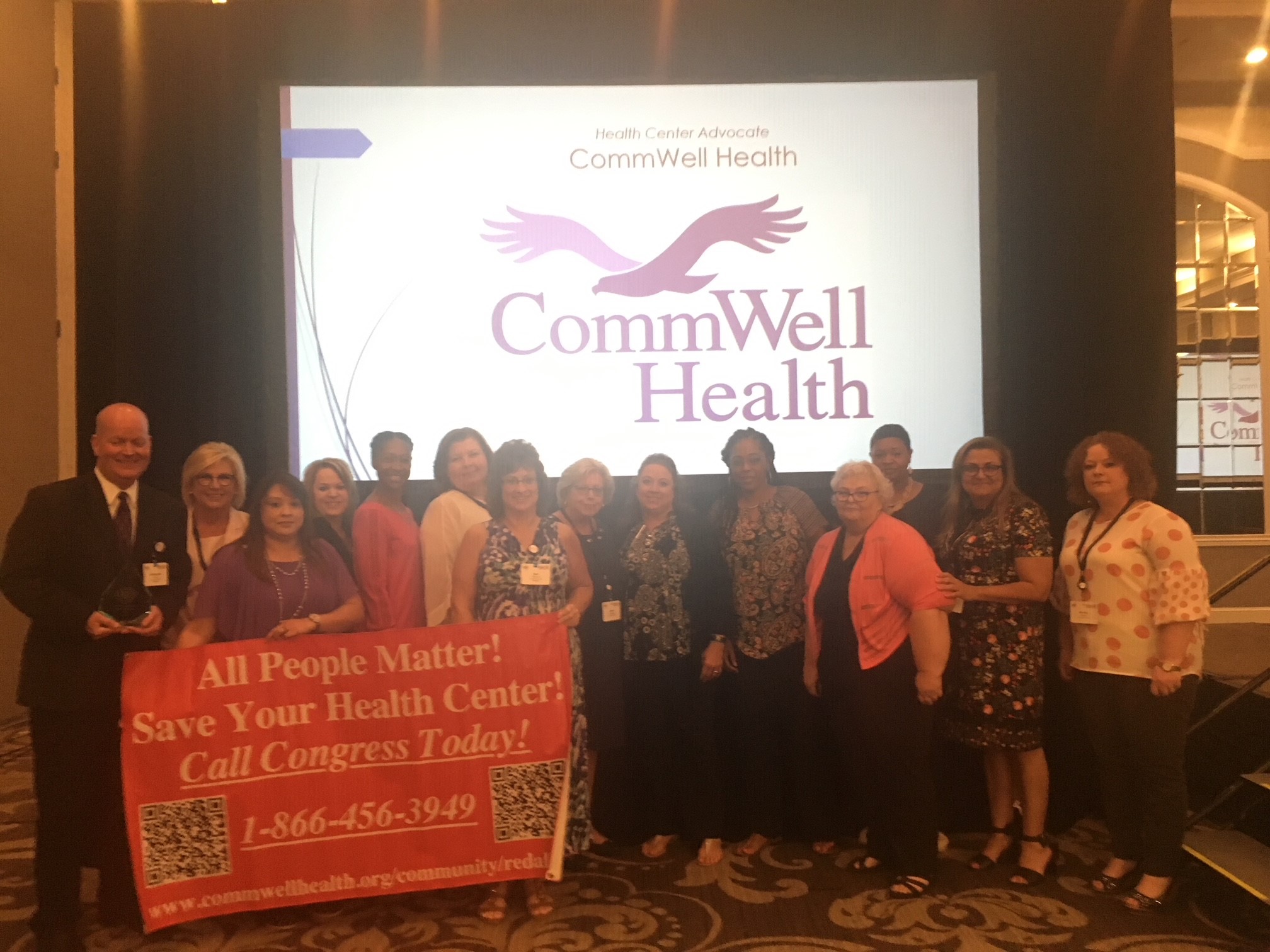
North Carolina’s Community Health Centers, also known as Federally Qualified Health Centers, served over 500,000 patients in 2016 at more than 220 sites across North Carolina. They receive some federal funding because community health centers serve every patient that walks in the door, on a sliding scale, regardless of the patients’ insurance status. Though CHCs have historically received bipartisan support, this year the centers faced a funding crisis that stretched on for months.
North Carolina’s Community Health Centers, also known as Federally Qualified Health Centers, served over 500,000 patients in 2016 at more than 220 sites across North Carolina. They receive some federal funding because community health centers serve every patient that walks in the door, on a sliding scale, regardless of the patients’ insurance status. Though CHCs have historically received bipartisan support, this year the centers faced a funding crisis that stretched on for months.
The CommWell team stood out nationally in their efforts to activate staff, patients, and other allies to get Congress to fix the Community Health Center funding cliff. CommWell had already started to build a strong advocacy base before Community Health Centers hit a major funding crisis, with an entire team of advocates at Commwell Health, and a system of signing up patients and other friends to become advocates.
The CommWell advocacy team may not have planned to spend 2017 and the beginning of 2018 mastering federal budget policy, or placing signs all over Dunn, North Carolina about CHC funding, or loading up a van full of advocates and driving to Washington DC to stand in front of Congressional buildings in the cold, but that’s what they did. The Eagle Advocacy team became the face of the CHC funding cliff fix movement, not just in North Carolina, but nationally.

“CommWell Health has demonstrated outstanding advocacy leadership and grassroots engagement in North Carolina and on the federal level. Their receipt of NCCHCA’s Advocacy Award is extremely well-deserved and serves as a positive reminder for health centers across the state to stay committed to building grassroots capacity, maintaining relationships with legislators, and responding to calls to action.
It is without question that the vision of Pam Tripp and the Board of Directors has advanced advocacy alongside the dedication to exceptional care and community investment. I speak for NACHC’s entire Public Policy & Research Division in saying CommWell exemplifies why we value community health centers and health center advocates” said Dorian A. Wanzer, Grassroots Advocacy Manager, Outreach & Communications at the National Association of Community Health Centers (NACHC).
